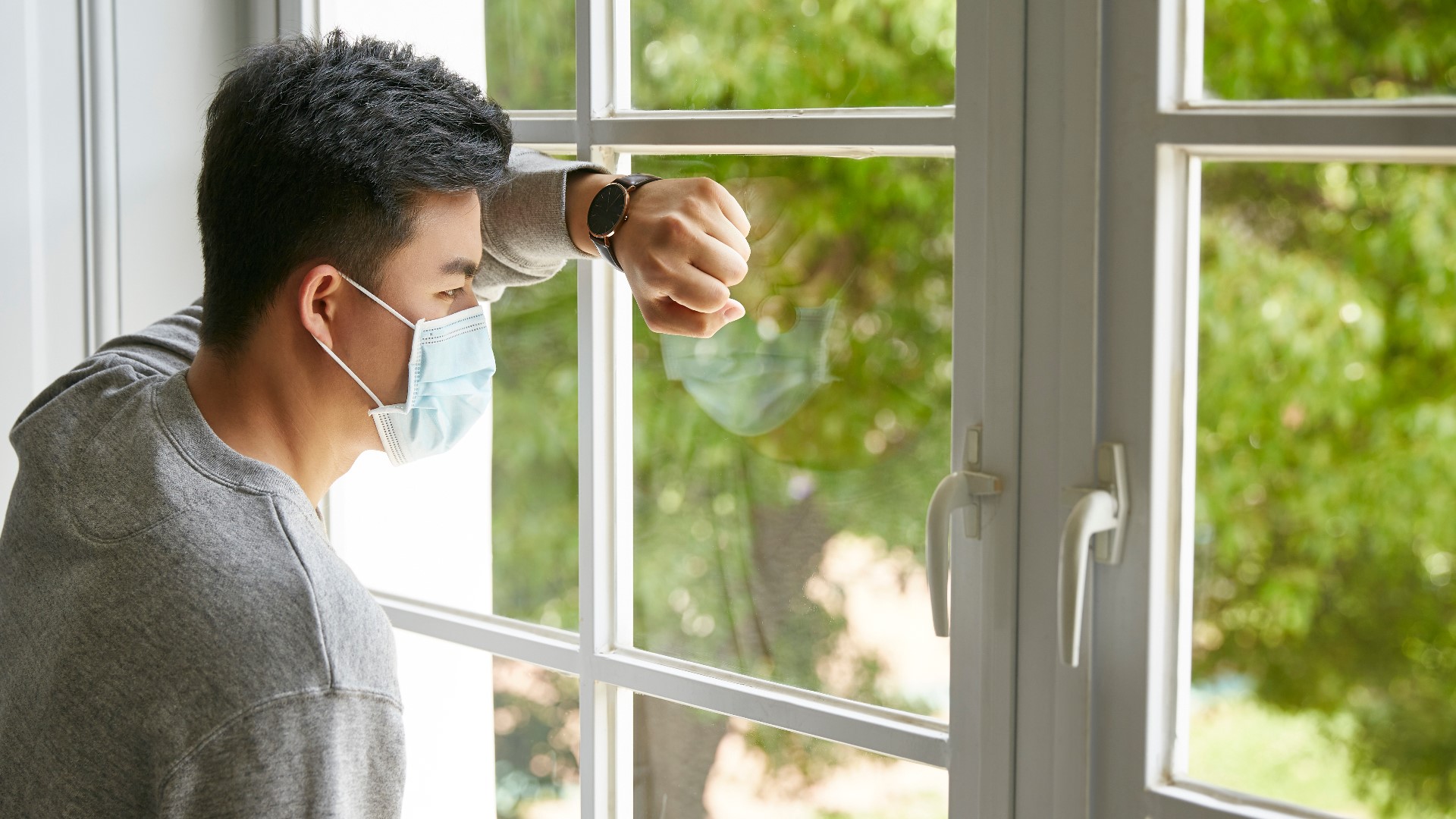GREENSBORO, N.C. — VERIFY QUESTION
In this COVID-19 era, information is constantly evolving. As children go back to school and businesses reopen, more people are exposed to COVID-19...and more questions circulate about how to handle it.
1) Is it true you need to quarantine a full 14 days after exposure? False, unless you are showing symptoms.
2) Is it true you need to quarantine if you were exposed to someone else who was exposed very recently? False, in most cases.
VERIFY SOURCES
- Centers for Disease Control and Prevention
- MIT Medical
- Chris Ohl, MD - Wake Forest Baptist Infectious Diseases
VERIFY PROCESS
The 14-day quarantine post-exposure -- which initially was health experts' rule of thumb -- now might not be necessary. The CDC revised its guidelines in December, stating quarantine can end after day 10, without testing, if you are not showing any COVID-19 symptoms.. Or, it can end after day seven with a negative test conducted on day five.
But, infectious disease physician Chris Ohl, MD, urged caution with the shorter quarantine.
"The seven-day quarantine does have a little bit of risk that you can still pop positive after the end of your quarantine period. Ten days is much better; it gets upwards of 95% of people (who are going to exhibit symptoms), and (with) 14 days over 99%," Ohl explained.
MIT research concluded people who are infected with COVID-19 are at their most contagious in the 24 to 48 hours before they experience symptoms. Usually, symptoms present between days five and six after exposure. So, it would be very rare for anyone to transmit the virus earlier than two days post-exposure. So, if you spent time around a friend, who was very recently exposed to the virus, you might not need to worry about yourself -- as long as you take action quickly to separate from that person.
"That's actually an exposure to an exposure, and so we generally don't quarantine people in that situation. Now, if your friend tested and was positive, then you were exposed to the positive person, then you would do a 14-, 10- or possibly a seven-day quarantine, Dr. Ohl said.
Consider this relatable example -- while you are having dinner with your husband, he gets a call that a co-worker he saw this morning just tested positive for COVID-19. Even if the co-worker had passed the virus to your husband (and it's too early to detect it on a test), it is highly unlikely he could have given it to you that soon. But, he should quarantine within 24 to 48 hours of the exposure, at least until he can get results from a test on day five.
RELATED: VERIFY: Testing too early can give false negative, 5-7 days after exposure is more accurate
RELATED: NC COVID-19 Blog: Guilford County fills 5,000 vaccine appointment slots in less than an hour
Do you have a VERIFY inquiry? Submit a post, screen shot or selfie video to Meghann Mollerus via:
Facebook: Meghann Mollerus News
Twitter: @MeghannMollerus
E-mail: VERIFY@wfmynews2.com

